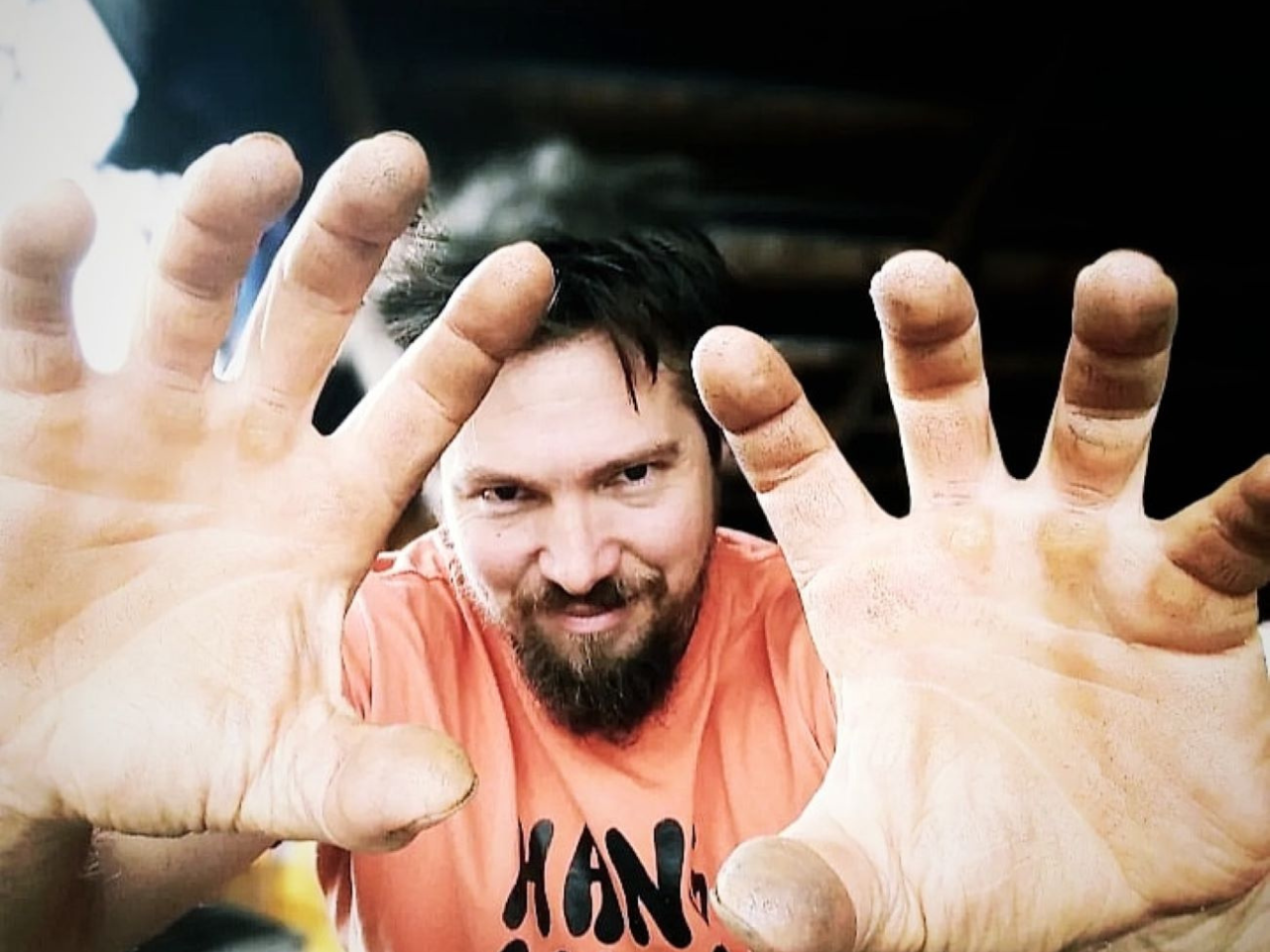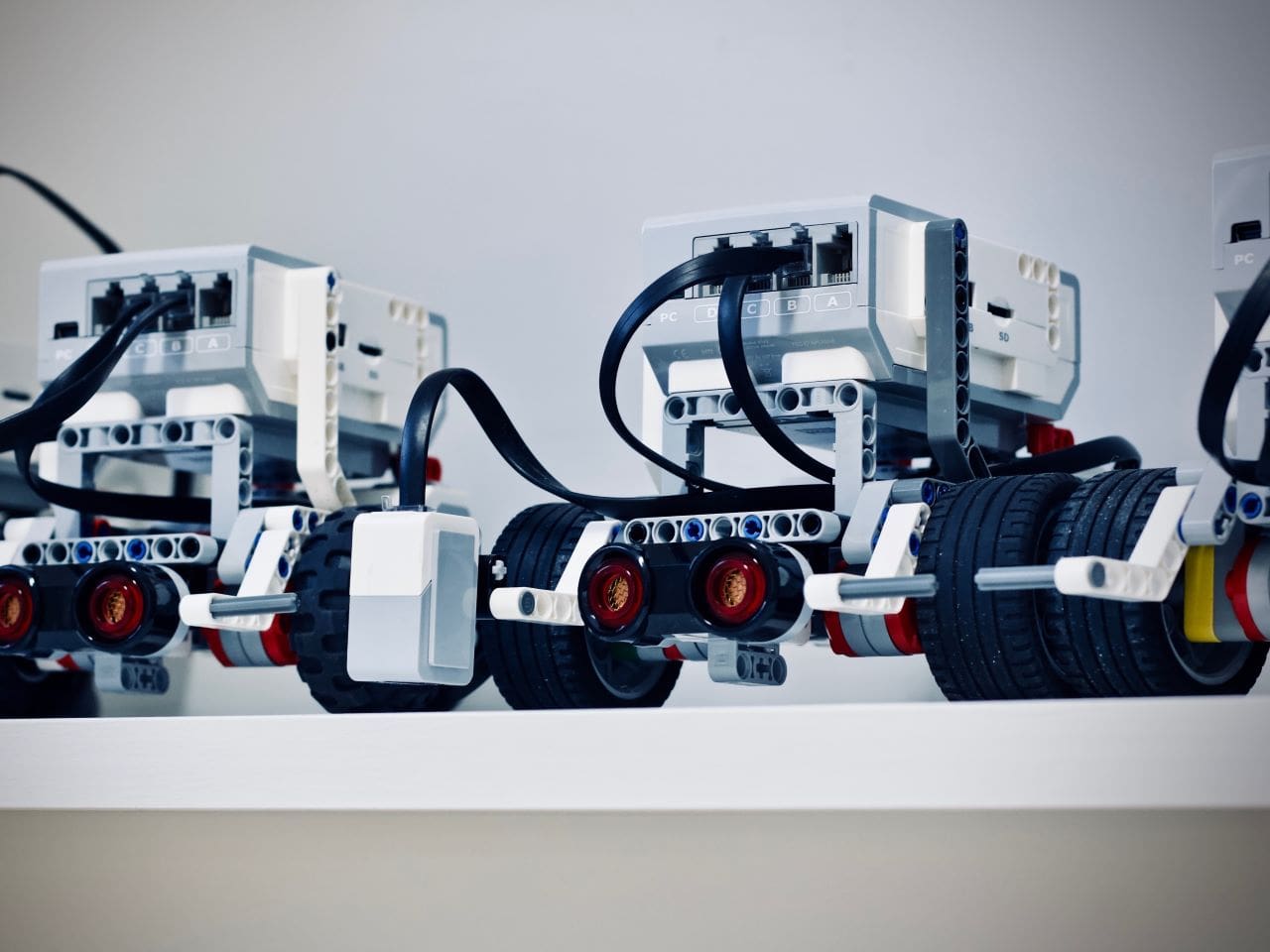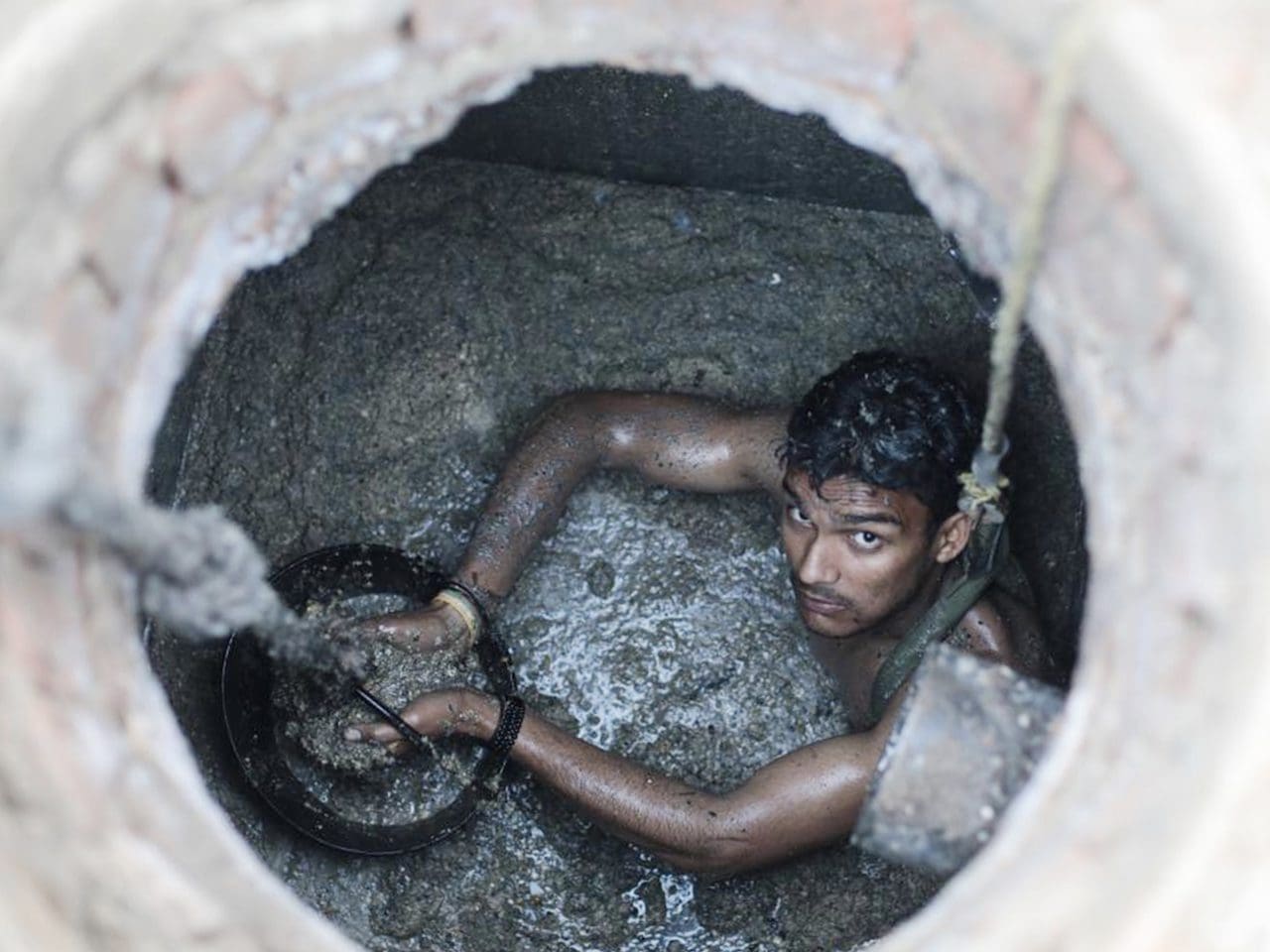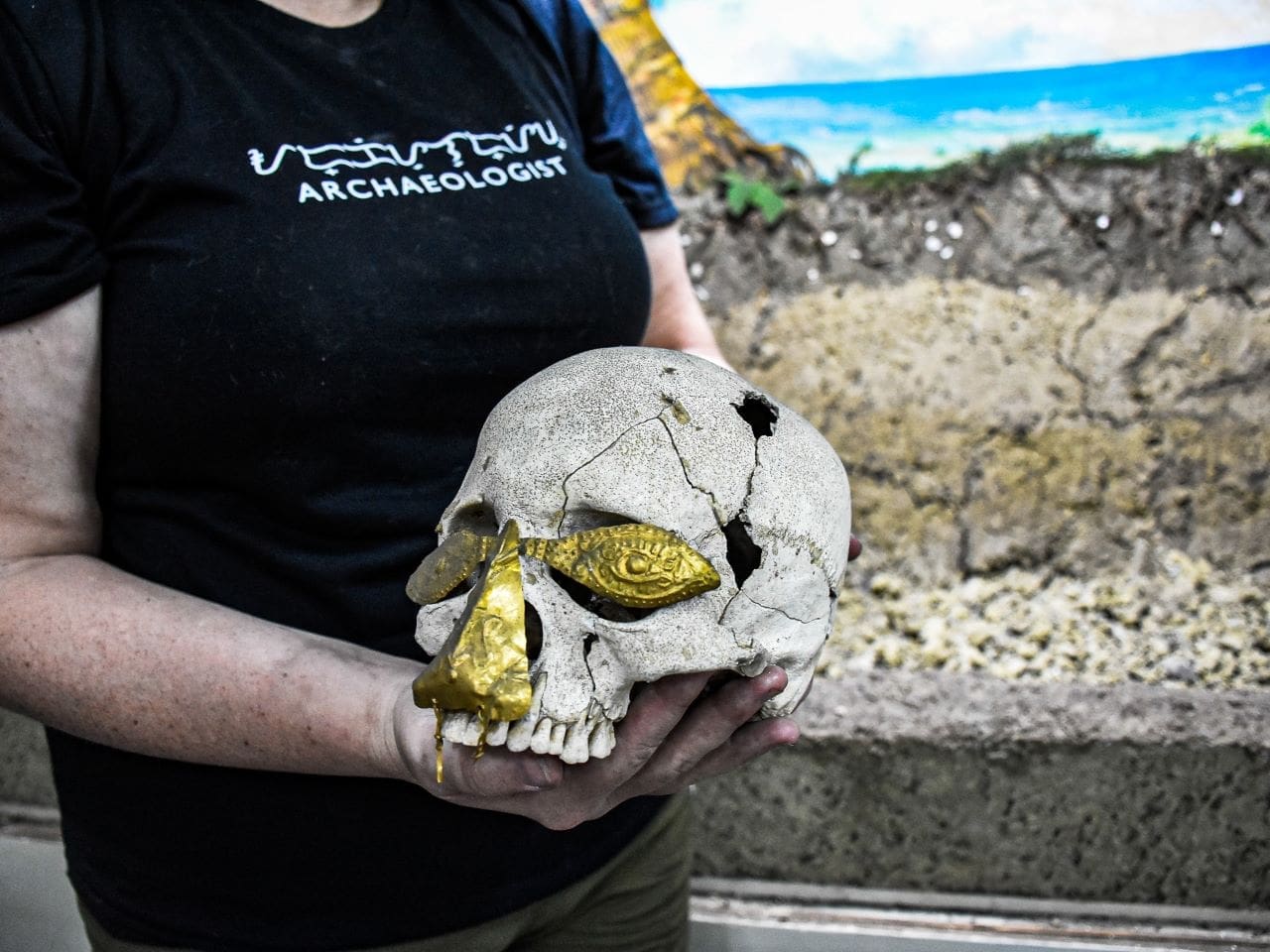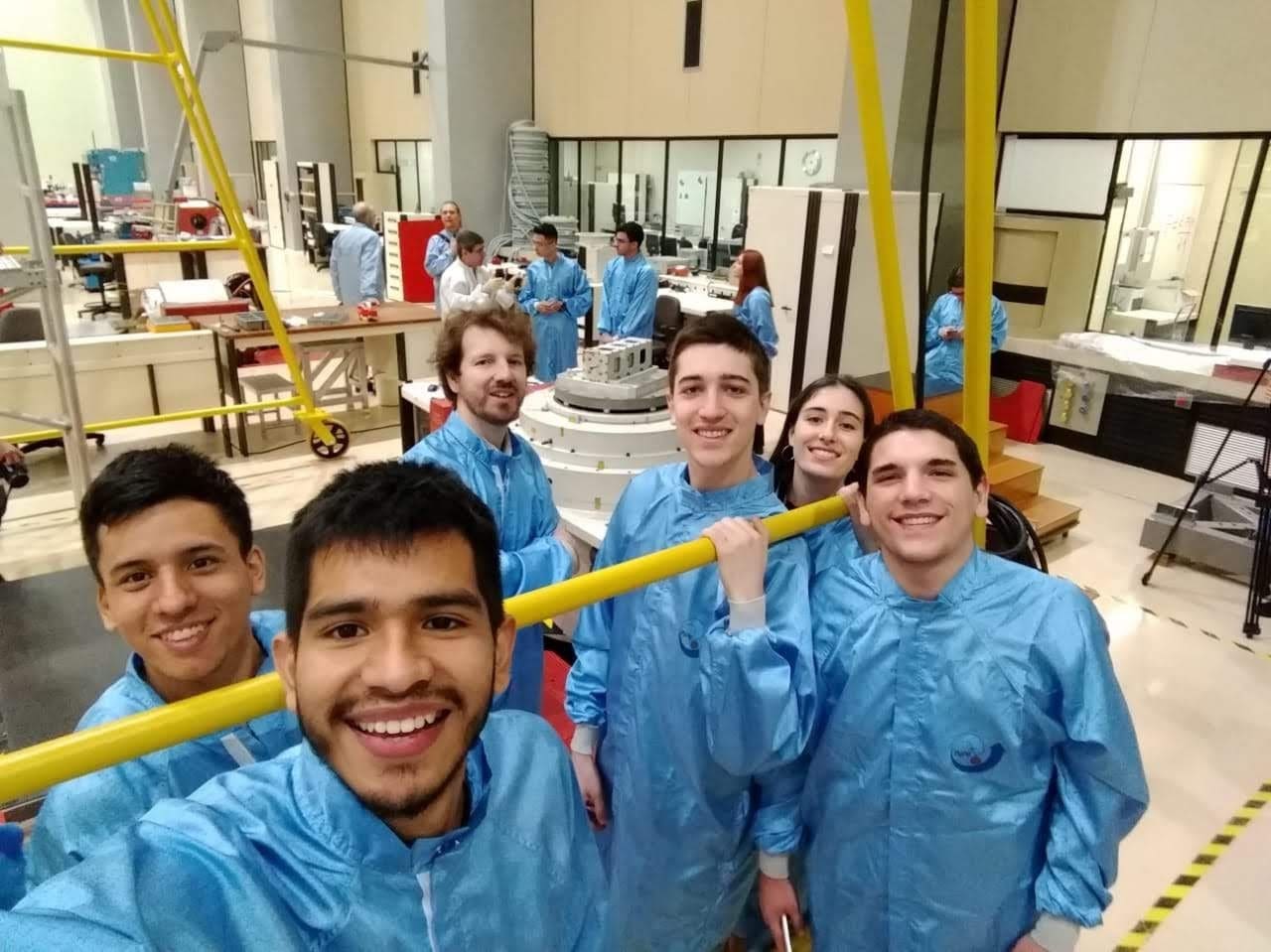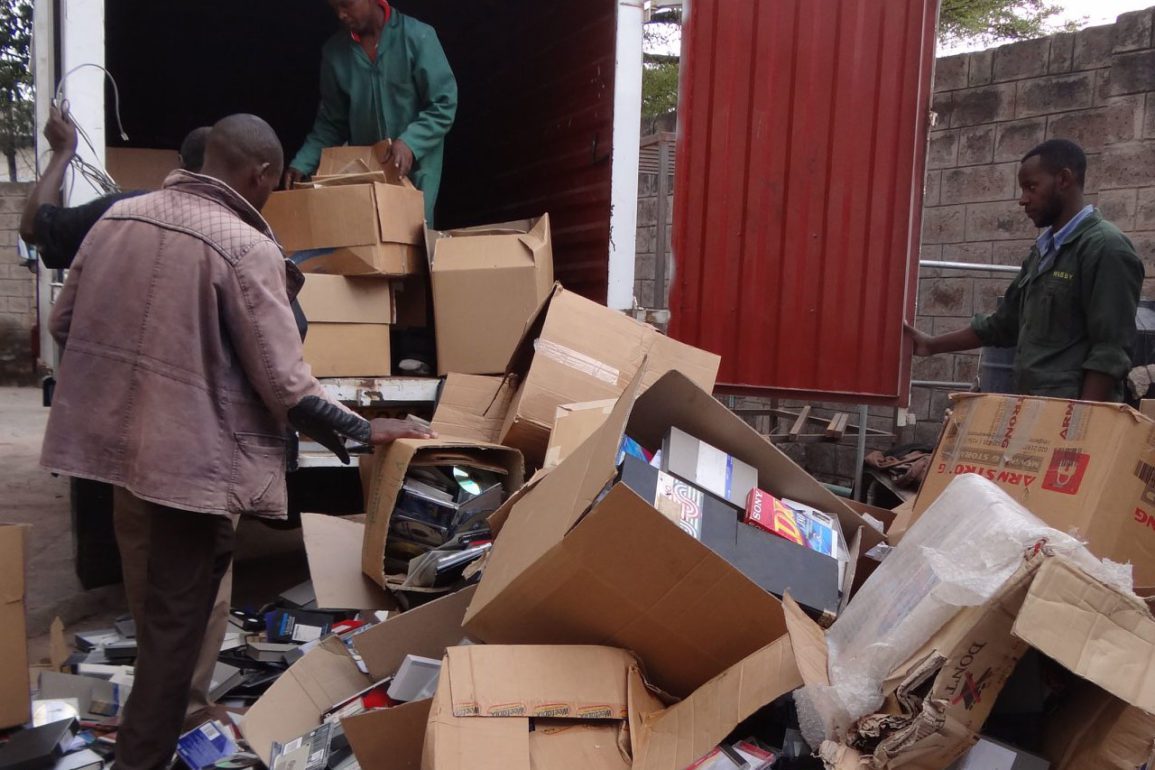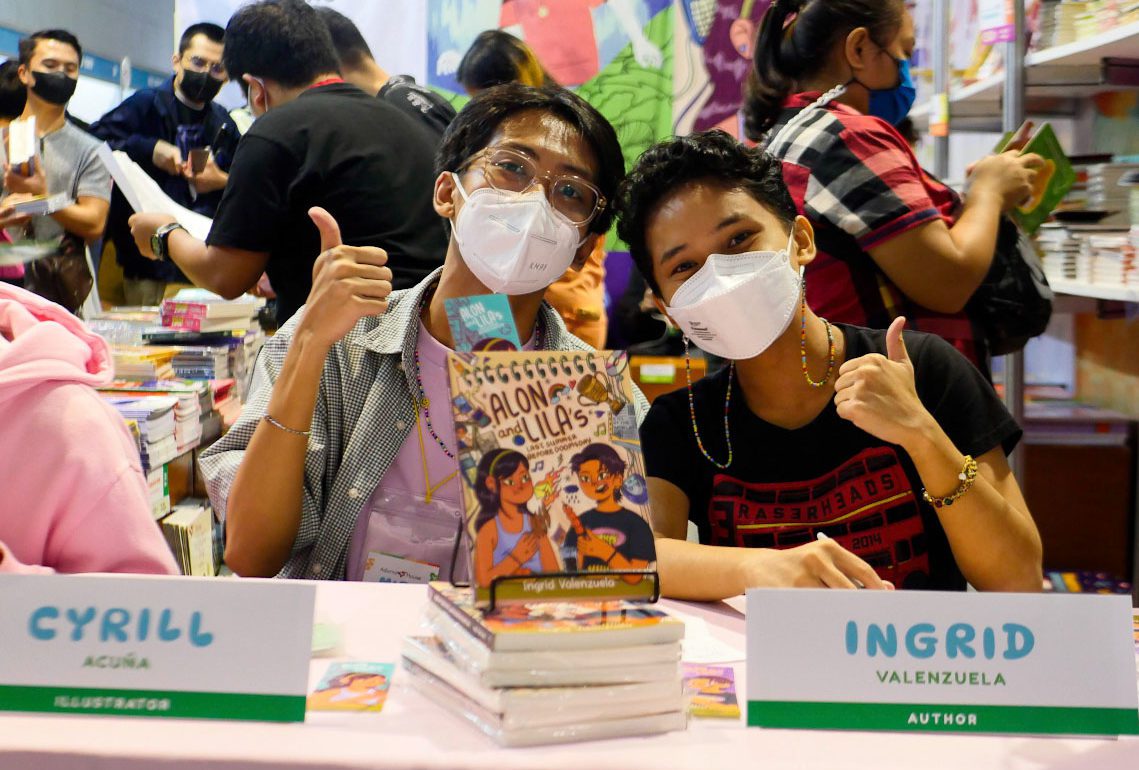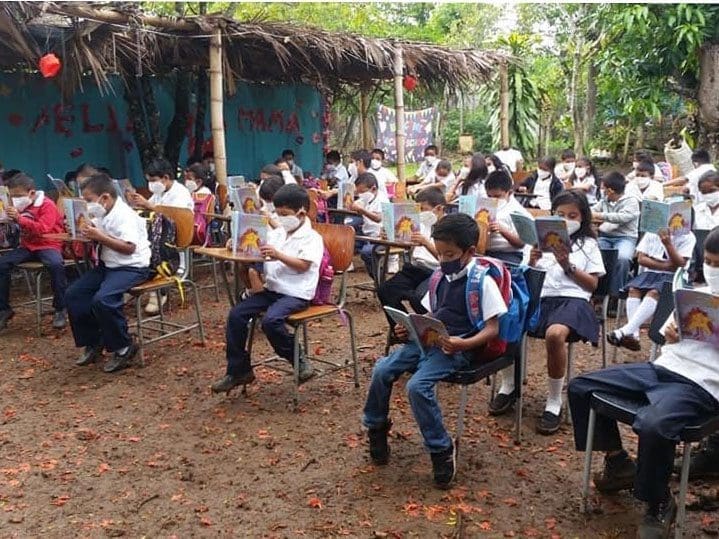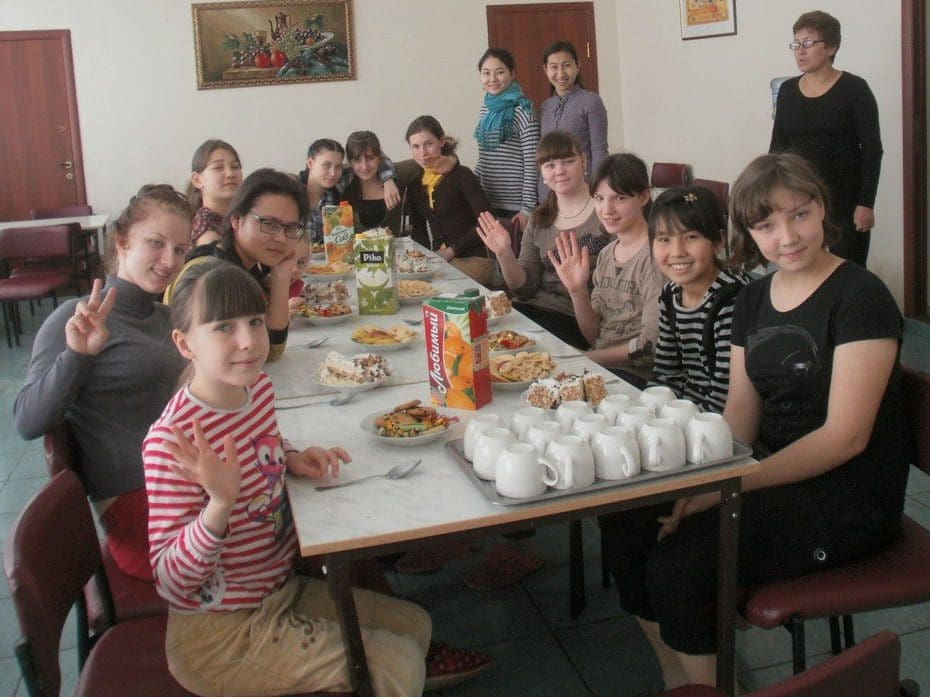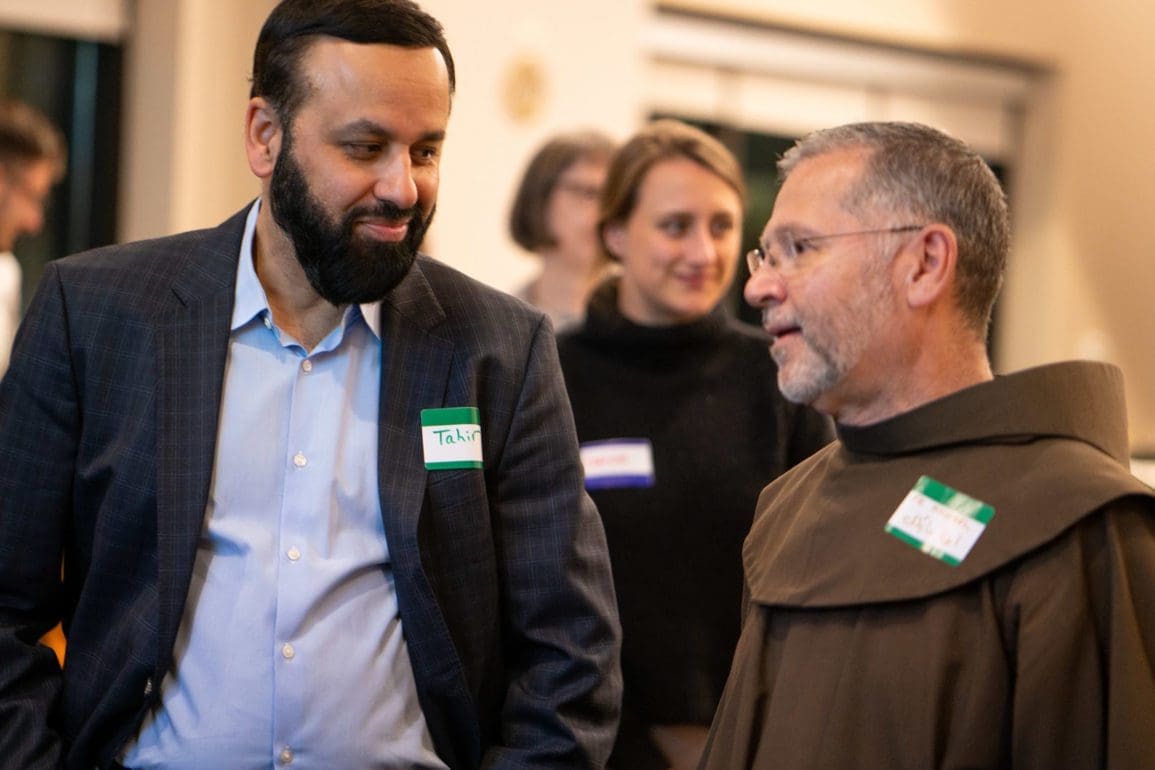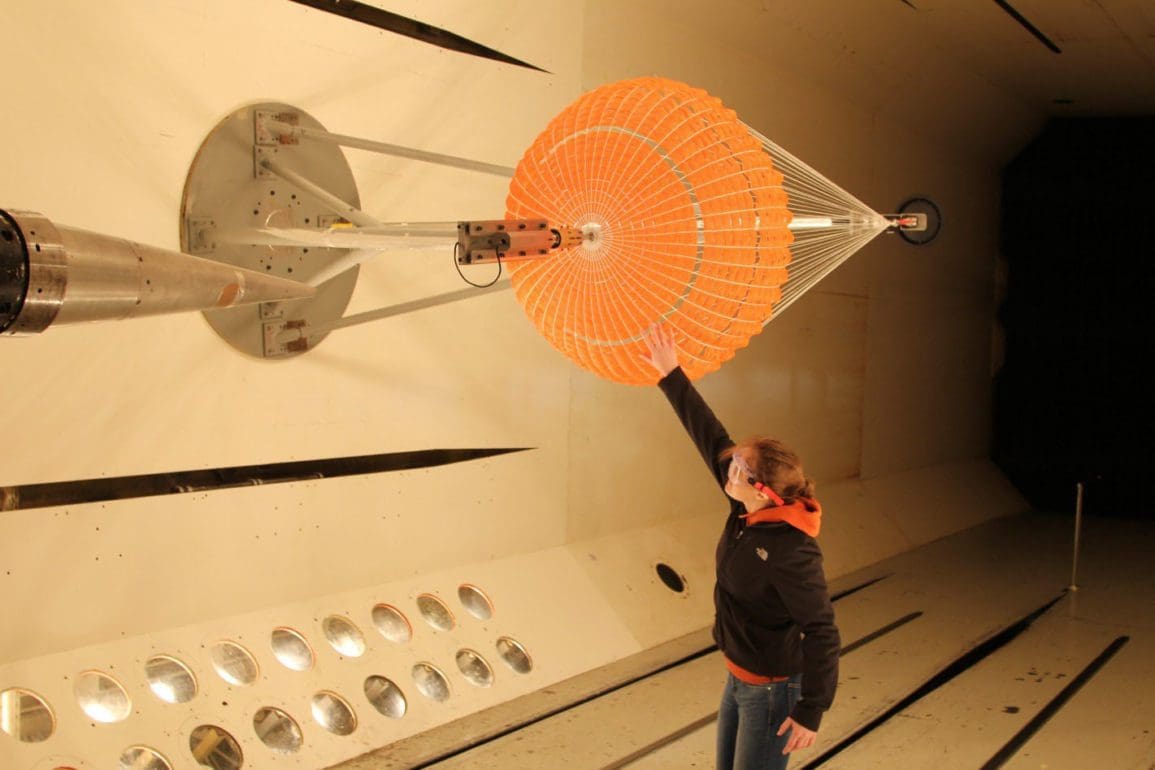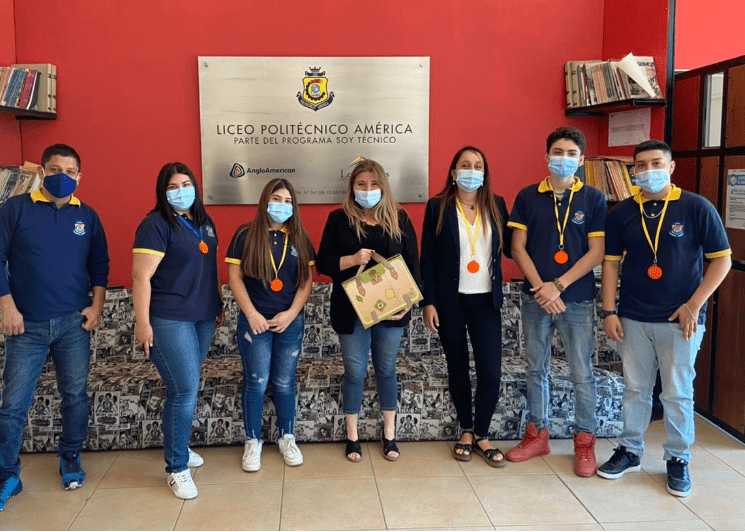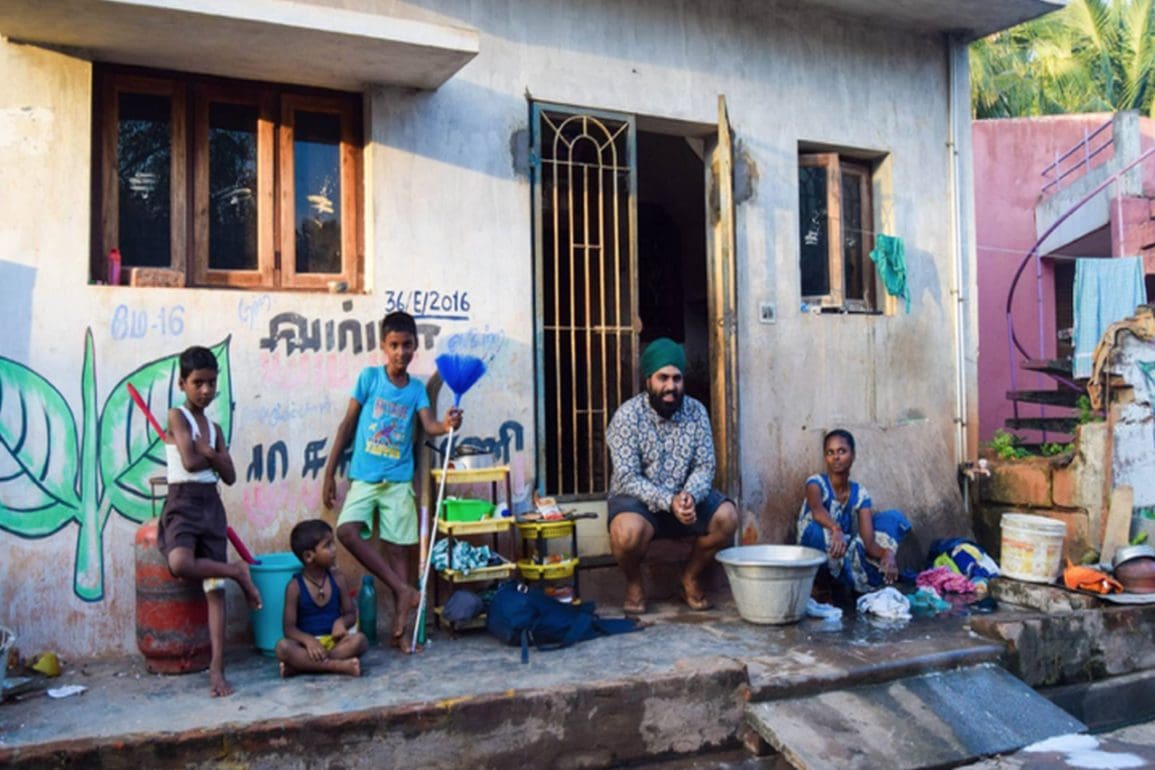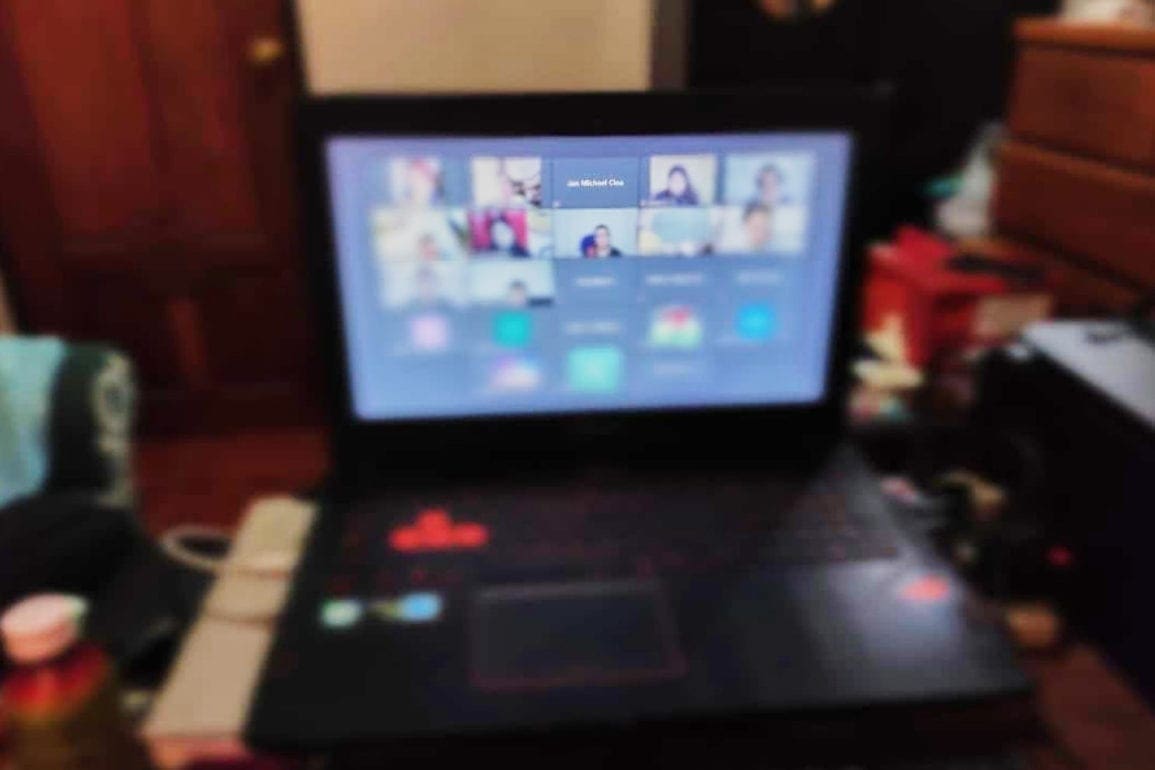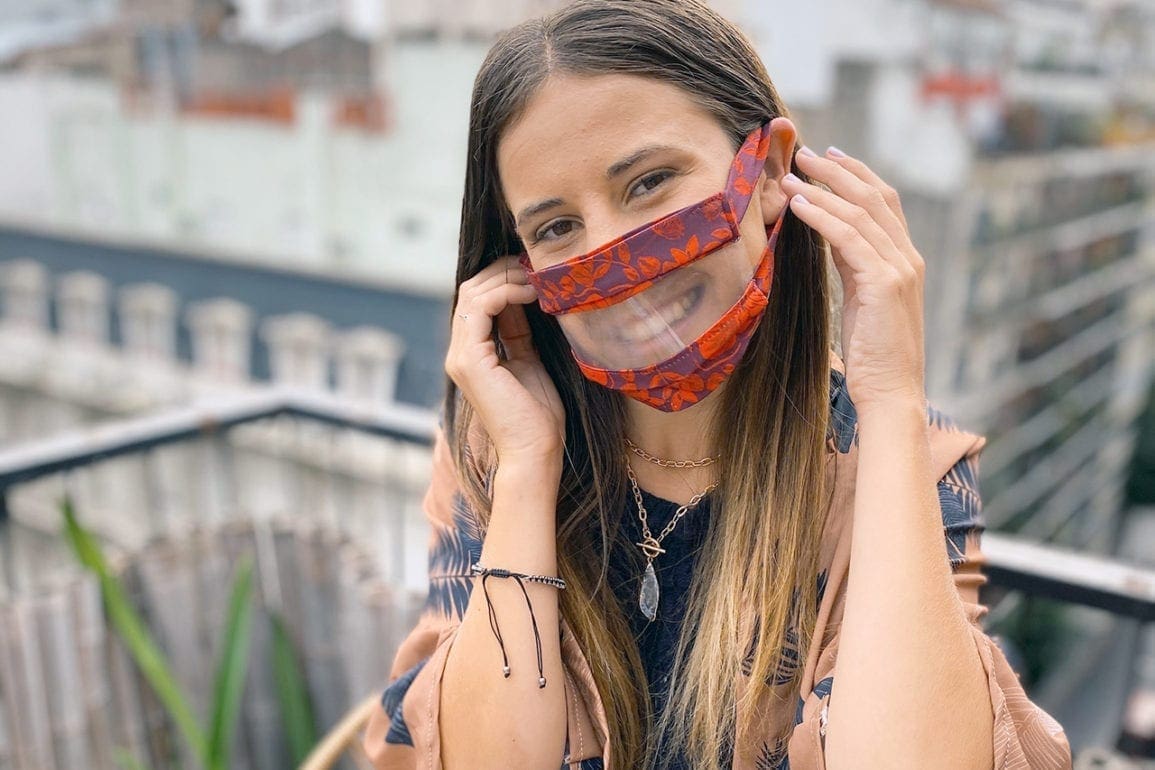Tech expert bravely speaks out after enduring sexual abuse in the metaverse, advocates for safer online spaces
The moment I entered, I saw three male avatars. Within seconds, before I could settle in, they approached me. It felt like they planned it, moving in an organized manner and surrounding me.
- 5 months ago
February 19, 2024

LONDON, United Kingdom — The experience of being sexually abused in the metaverse felt chilling and painful. Many people believe virtual reality cannot have real life consequences, but I lived it. The abuse brought back memories of harassment from my youth and left me feeling anguished. As a woman who works in technology, I consider it a key tool in people’s development, but I have concerns about building safe spaces.
Discover more captivating stories in the Science & Technology category at Orato World Media.
Into the Metaverse: “Soon, the avatar felt like me: like an extension of my own body.”
In 2018, while listening to and recording podcasts, I dove headfirst into the psychological impact of technology on people, researching the topic fervently. Completely absorbed but what I read; it became one of my primary passions. I saw how technologies in their infancy could have affects in ways we could not predict. I became obsessed in my study of areas like augmented reality, the metaverse, and exponential technologies.
I experienced each new environment thinking about safety and education for youth. Each new technology I encountered brought in more natural body movements and increasingly realistic environments. When the Facebook company Meta introduced a new metaverse in the United Kingdom in December 2021, I instantly wanted to explore it.
In the industry, we talked about this technology often, but only now were people beginning to access it. I felt curious how they would react and operate in what was previously a very niche space. One afternoon, while working from home, I logged in to experiment. My children wouldn’t be home from school for a few hours, and it seemed an ideal time to immerse myself in this parallel universe. I excitedly put on my headset.
Looking through the options, I selected my avatar which closely resembled me physically. It felt like seeing myself in a mirror. Connecting psychologically with my avatar, I began moving my hands and seeing the same movement on screen. Soon, the avatar felt like me: like an extension of my own body. It’s designed that way; the development seeks identification between the person and the avatar. Neurologically, we connect with the image. Though I know this due to my profession, the sensation felt so powerful.
The instant I entered the Metaverse three male avatars surrounded me
For a period of time, I practiced moving using the controls in the metaverse. When I felt ready, I entered the shared space, which felt like a conference room or lobby. The moment I entered, I saw three male avatars. Within seconds, before I could settle in, they approached me. It felt like they planned it, moving in an organized manner and surrounding me.
They began verbally harassing me and being obscene and aggressive. Almost instantly, they transitioned from verbal to physical, touching my avatar. It felt like a first-person experience; not like watching a scene in a movie. The abuse was happening to me.

I saw their hands and their bodies and experienced their movements and touches. The audio simultaneously allowed me to hear them all around me. I felt them behind me, next to me, and in front of me. With the advancement of technology, the barrier between the virtual and physical world felt very finite. The experience became authentic and real.
In that distressing moment, the first thought in my mind was, “I did something wrong.” Maybe I selected the wrong avatar or wore suggestive clothing. The same questions women have in the streets when they suffer harassment, came to my mind in the metaverse. Though I knew it wasn’t my fault, I couldn’t help but analyze my actions. “What did I do to cause this,” I wondered.
While I had no physical sensations, I wondered what happens when technology advances even more? People will use available technologies to commit crimes. If they could go further, I believe they would. Some say without physical penetration, this situation cannot be called sexual abuse. I ask, “Does that make it okay?”
In shock and alone in her home: woman decides to tell her story about abuse in the Metaverse
When I pulled off my headset, I felt myself panicking. The chaos of the moment left me confused. With no one else in my home, I had to deal with the shock alone. The helplessness felt the same as being harassed in the streets. The trauma of abuse in the metaverse felt as real as abuse in the physical world.
Growing up in the 1990s, it felt more common to be talked about and looked at as a sexual object. As a woman, I simply dealt with it, but things have changed. Today, I refuse to tolerate this behavior and remain determined to contribute to a world where my daughters do not have to experience this – physically or virtually.
The rest of that day, images of the incident replayed in my head as I tried to understand what happened. Each time, a horrible feeling of anguish and anger overcame me. I imagined those people, still in the metaverse, harassing other avatars and I felt repulsed.
While I am introvert, I have dedicated my work and activism to defending women and girls in technological environments, so I forced myself to share my story the next day. It took courage to put myself out there, but I knew it was important to shed light on the psychological and philosophical impacts of what I went through; to spur conversation about the moral implications of technological innovation.
Immediately, the industry reacted negatively, accusing me of trying to scare people away from the metaverse and spreading panic. They said, “People don’t adopt technology because stories like mine make them afraid.” I believe in technology and want it in our daily lives, but not like this.
Woman experiences major backlash in the industry, receives violent and threatening messages
Comments of all kinds rolled in after I told my story. Some made of fun me while others called me stupid. Still more sent hateful messages. The aftermath caused even more pain. When a very kind journalist offered to interview me, I agreed. An hour after publishing the article, two emails arrived in my inbox from strangers.
The second I opened them, the violence I encountered shocked me. These strangers threatened to rape me in person and rape my daughters. Though all of these experiences hurt deeply, I refuse to remain silent. Exposure is necessary. The legal implications remain more complex. Traditional laws focus on physical interactions but the Metaverse blurs these boundaries and raises questions about jurisdiction, enforceability, and the very definitions of a crime.
For example, if an assault occurs in a virtual environment, the legal system must deal with the nature of the crime. Is it similar to a physical assault, harassment, or is it something completely new?
These questions only reinforced my commitment to working on safer technology. Recently, I partnered with a university in London to teach four through 12 year olds how to use the metaverse with care. I watched their interactions, what they wore, and how they moved. We explained their rights, when to know if something is wrong, and how to report it.
Sadly, billions of dollars funnel into developing technology but prioritizing children’s safety gets miniscule attention. The abuse and misogyny I lived through will keep happening, so I keep sharing my story. Technology has enormous potential in education but we must create safe environments. It is our responsibility to interact with this technology to shape the future in which our children will live.




























